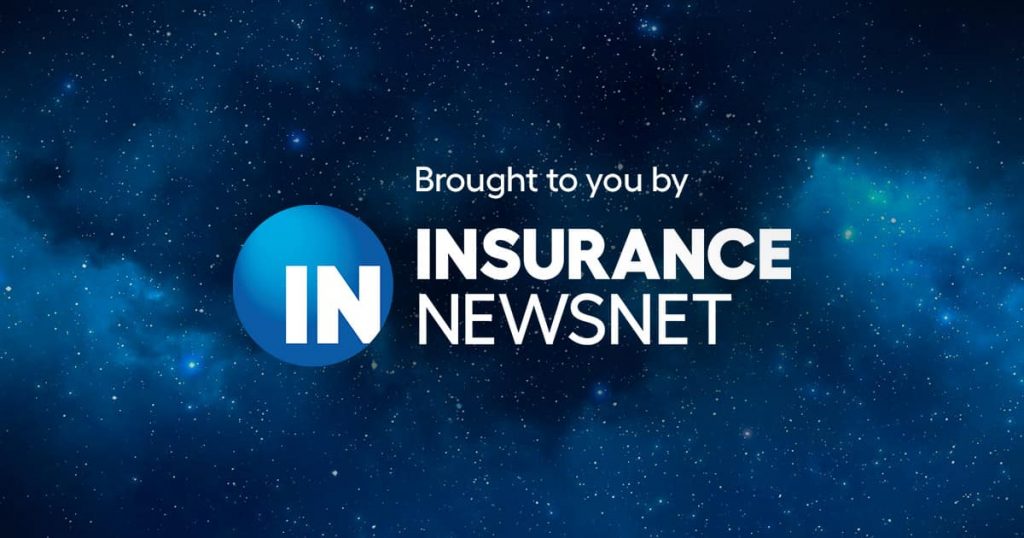Q. My mum brought a nurse, physiotherapist and bathing aide to her home for several weeks after being hospitalized with a stroke. She has now been ‘released’ from these services and we are told that if we want someone to help bathe her we will have to pay ourselves. She has regained strength and movement, but she still needs a lot of help and I’m still working. She has no money to pay anyone to come and help her. We thought Medicare covered that stuff.
A. As the saying goes, if I had a dollar for every time I heard that…. Unfortunately, this is a common misconception about Medicare coverage. Medicare covers what is called home health services, or skilled home care, usually after hospitalization, but it can be ordered by a doctor if there is a medically necessary reason. Skilled care includes a visiting nurse; physiotherapy, occupational therapy and speech therapy; often a social worker; part-time or intermittent home help services; and certain durable medical equipment and medical supplies. It does not cover continuing home care.
Original Medicare Part A helps cover hospital care, skilled nursing facility care, hospice care, and skilled home care. It does not pay for custodial or long-term care in a community or home setting. Deductibles, copayments and coinsurance may apply. Original Medicare Part B helps cover medically necessary medical services, outpatient care, some home health services, some durable medical equipment, and mental health services. Part B also covers many preventative services. Again, individuals might have to pay a deductible, or have copayments or coinsurance.
Medicare Advantage plans combine Part A and Part B benefits, often with a Part D drug plan, into one premium. Advantage plans must cover all medically necessary services covered by Original Medicare, but plans often limit services to specific networks or providers, and individuals may need referral or pre-approval for services . Like Original Medicare, Advantage plans do not cover custodial or long-term care services.
Supplemental insurance coverage, or Medigap coverage, is sold by private insurance companies to people with Original Medicare. Medigap coverage helps pay for some of the remaining health care costs for covered services and supplies, such as copayments, coinsurance, and deductibles. Medigap plans also do not cover long-term care or home care.
If someone continues to need home care after qualified services have ended, there are really three options: pay for care privately, use long-term care insurance, or apply for Medicaid-funded programs or subsidies. If you paid for a long-term care insurance policy, you should contact the insurer to understand what might be covered and how to access services. Some policies offer generous coverage for continuing home care or assisted living care coverage, while other policies may only cover very limited services or for a limited period.
Medicaid-funded programs include the MI Choice Medicaid Waiver, Adult Services, MI Health Link, Community Transition Services (for people in a nursing home or at risk of returning to a nursing home), and the All-Inclusive Care for the Elderly (PACE.) All of these programs have financial and medical level of care criteria to qualify. They can all provide either agency-paid home care or the option of paying a friend or family member to be a caregiver, as well as other services such as transport, meals and l durable medical equipment. Moreover, Area Agency on Aging Region IV has managed care services available through funding from the Older American Act to provide a free, professional, and unbiased assessment to help explore options and resources. Some people may be eligible for assistance which may be fully funded or funded on a cost-share basis.
To better understand all of your options, contact our Aging and Disability Information Line at 800-654-2810 or visit our website at AreaAgencyonAging.org.
Sara Duris is the community information liaison of Region IV Zonal Agency on Aging in Southwest Michigan. Questions about age or independence services? Call the Aging and Disability Information Line at 800-654-2810 or visit areaagencyonaging.org. The Generations column appears every weekend in The Herald-Palladium.

